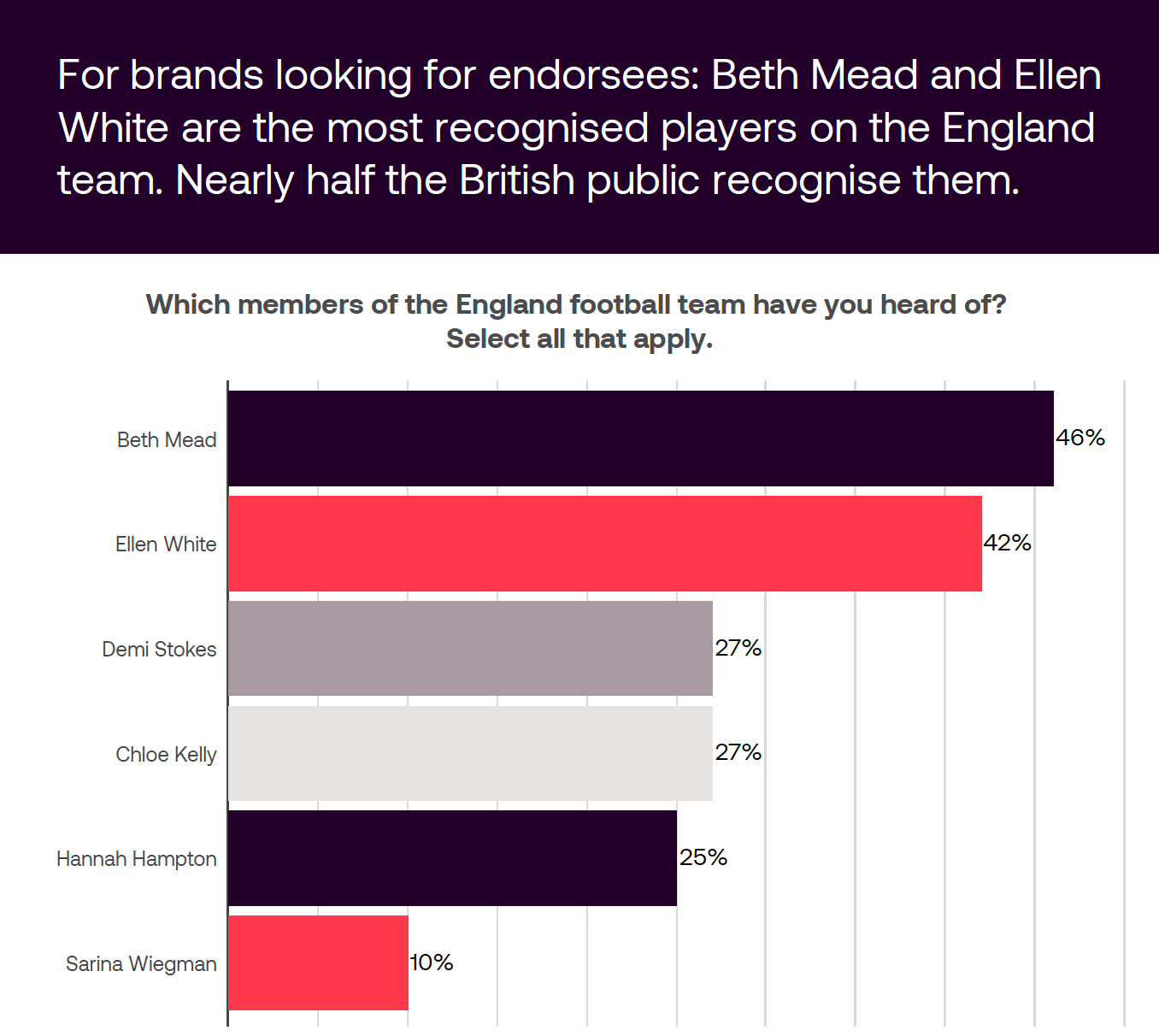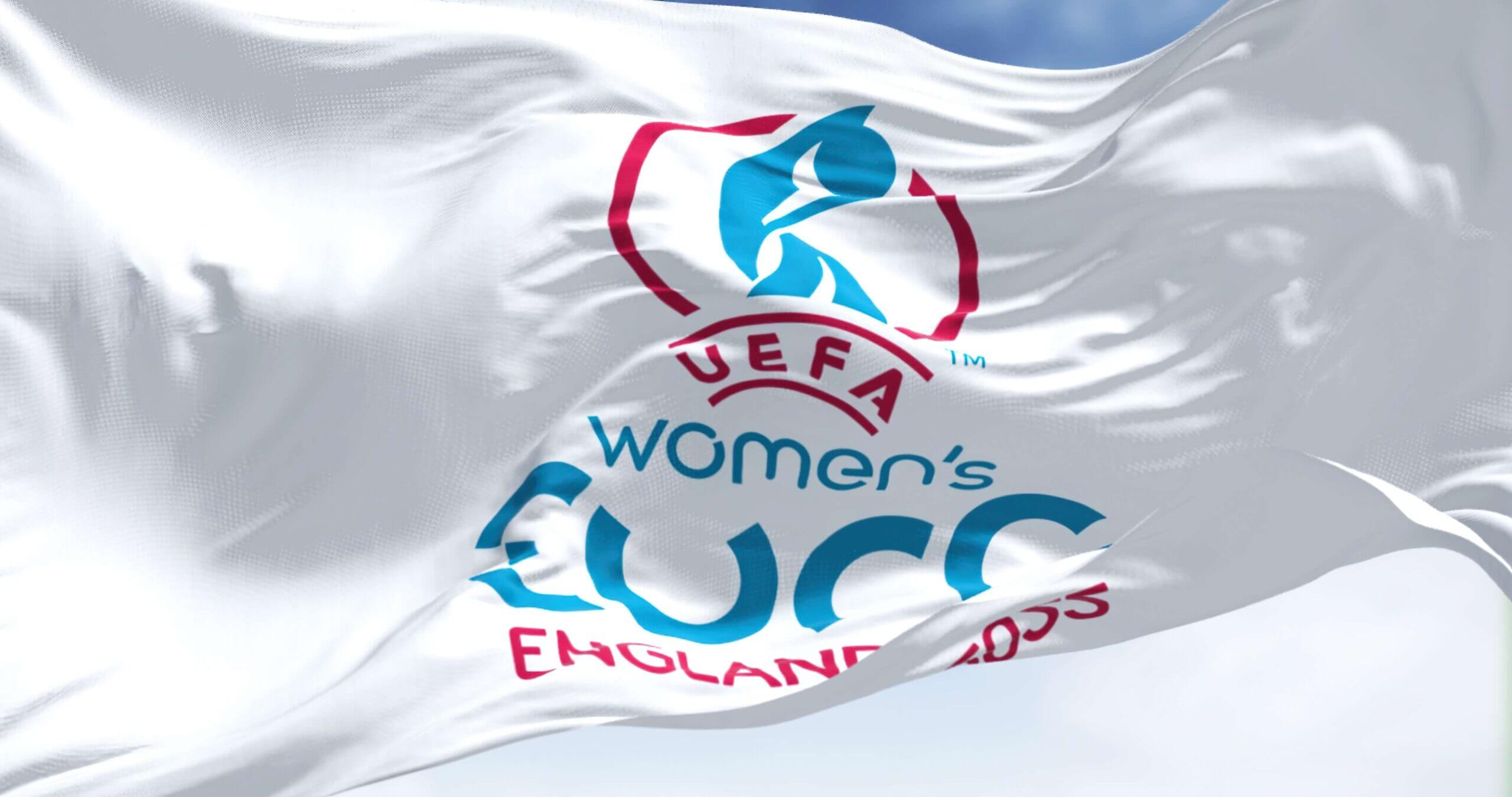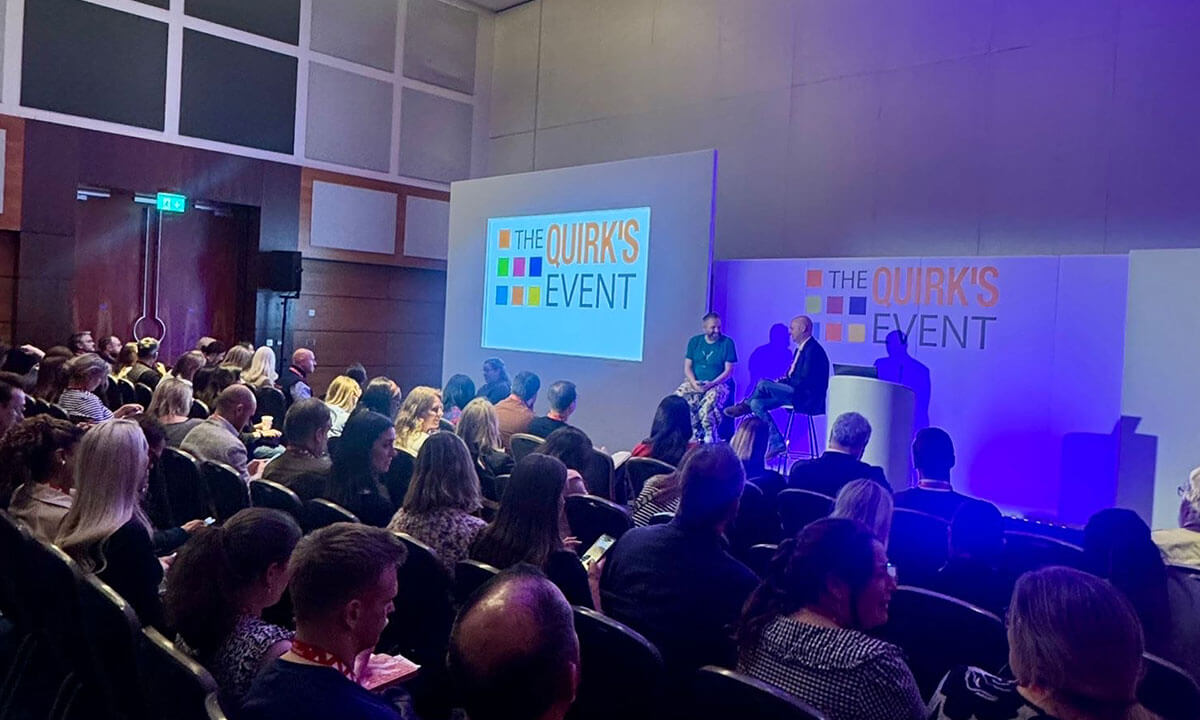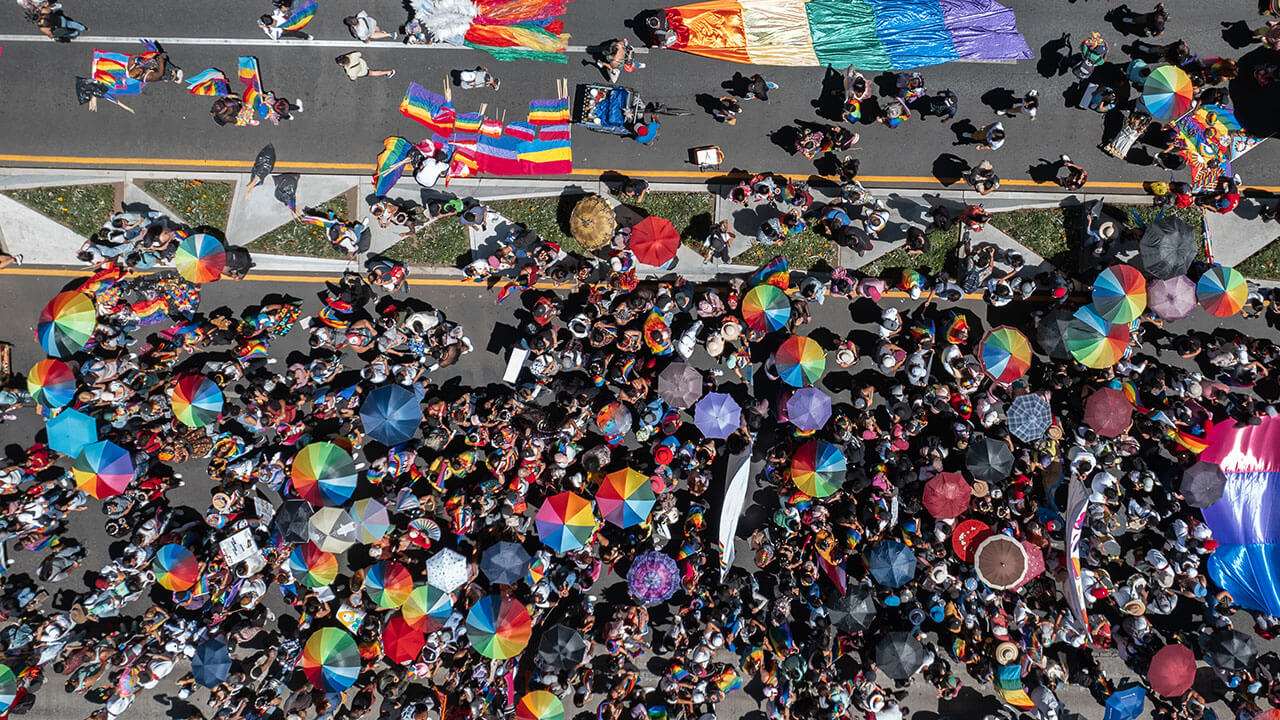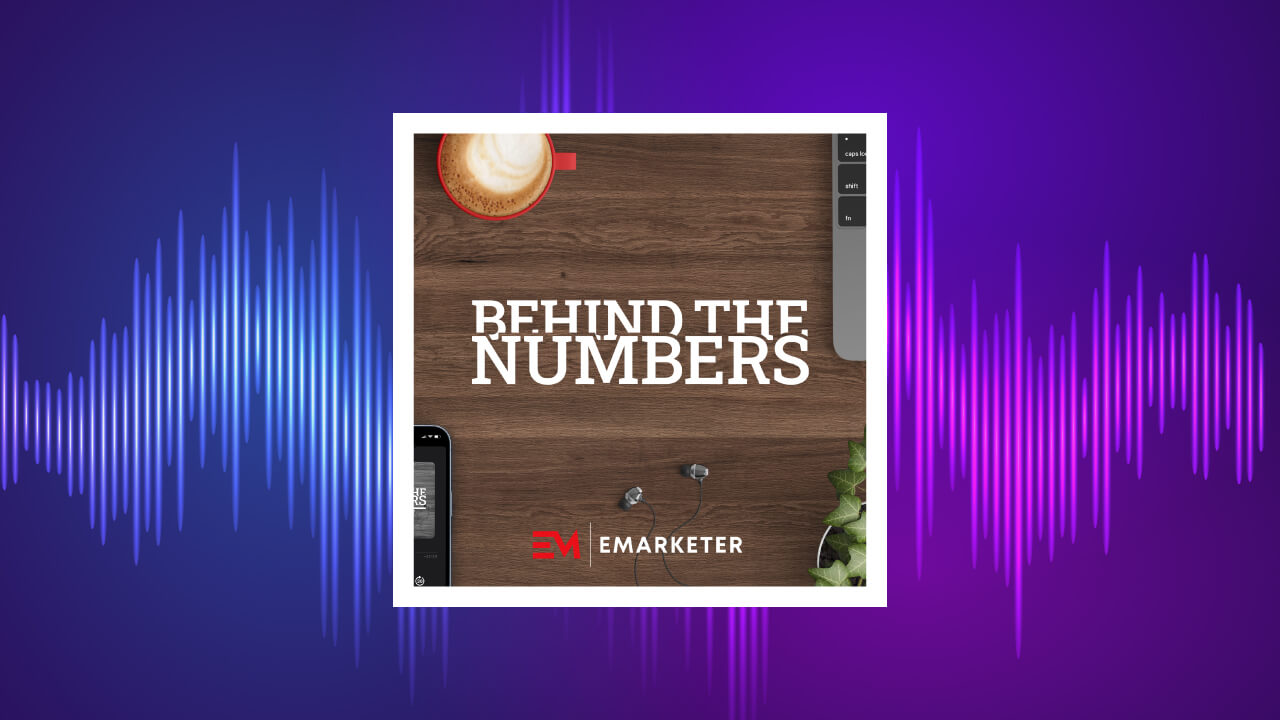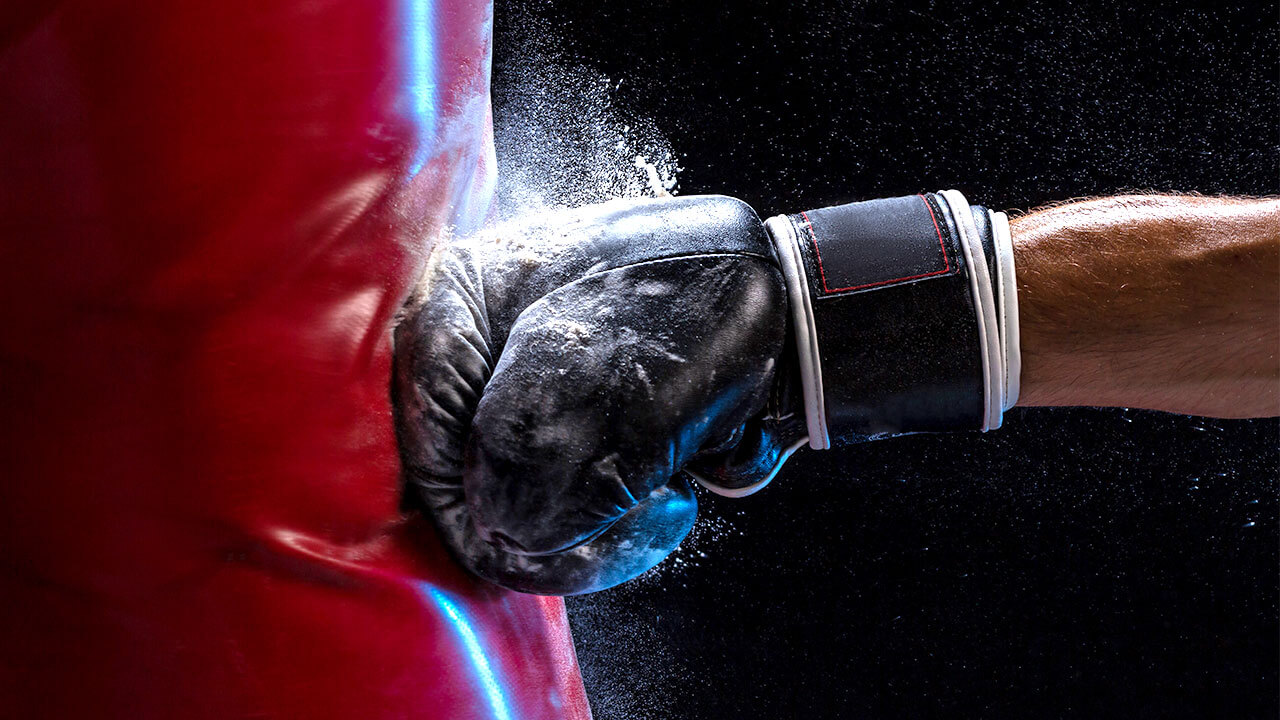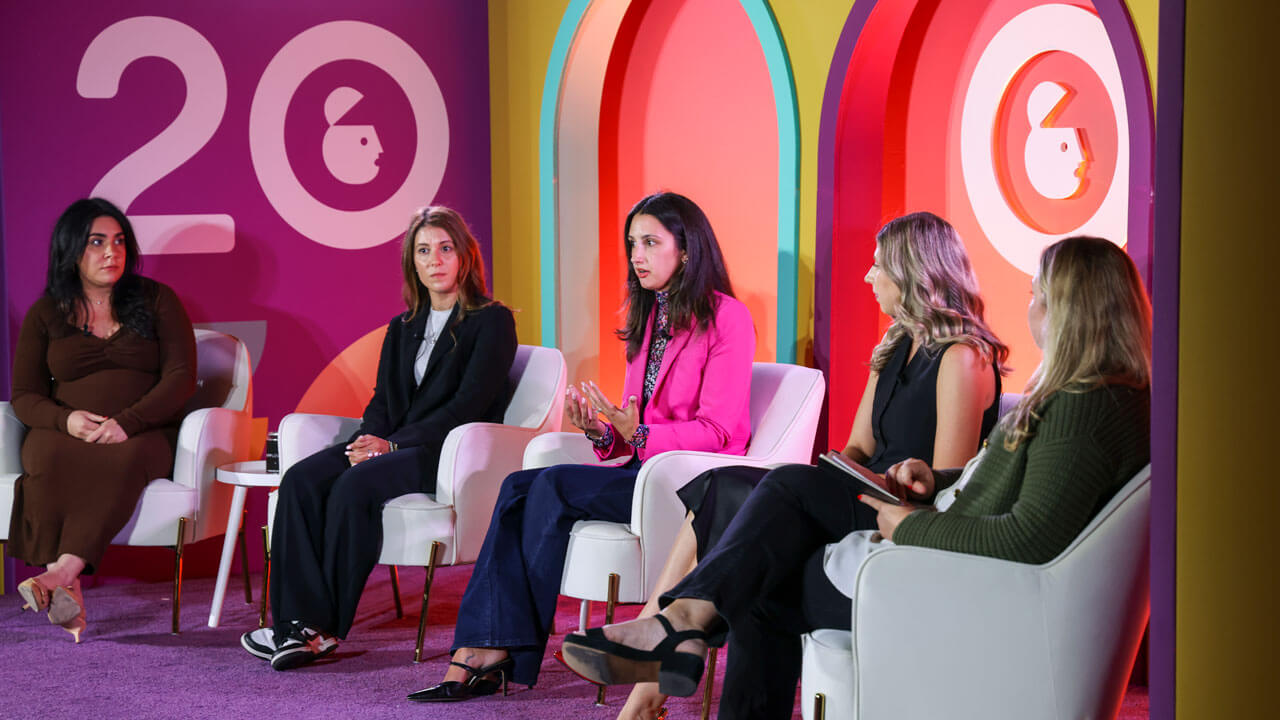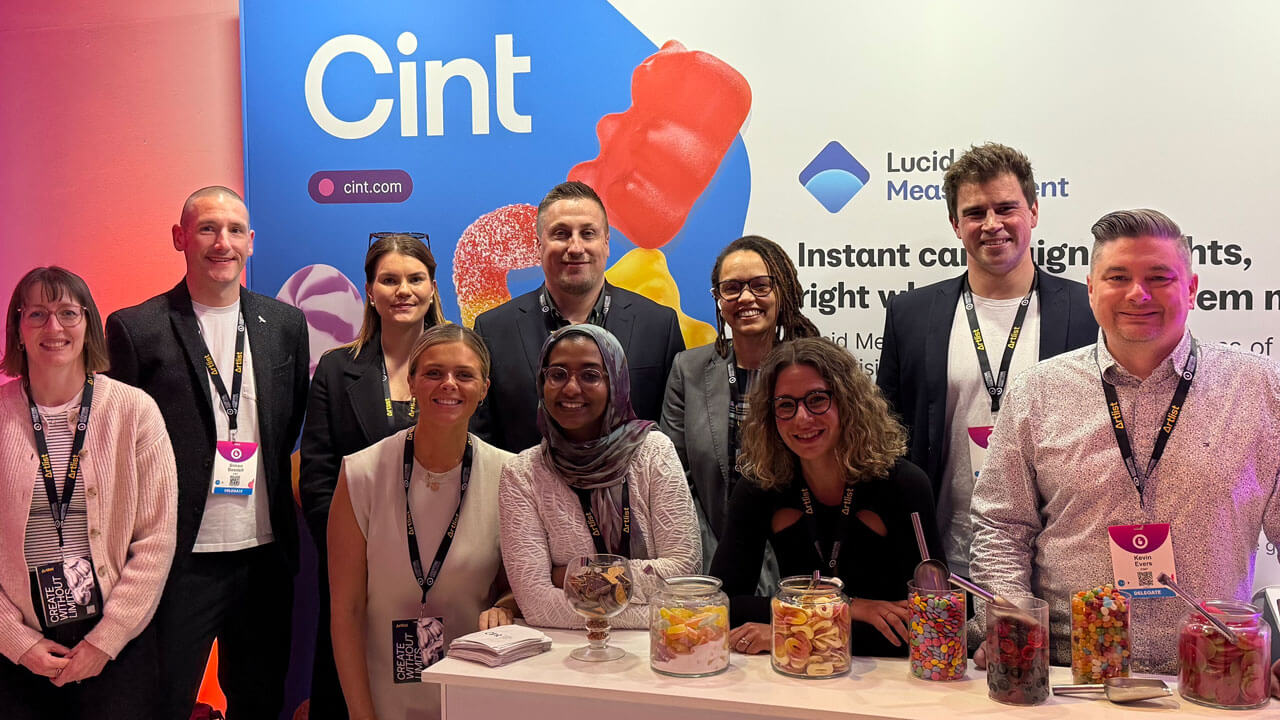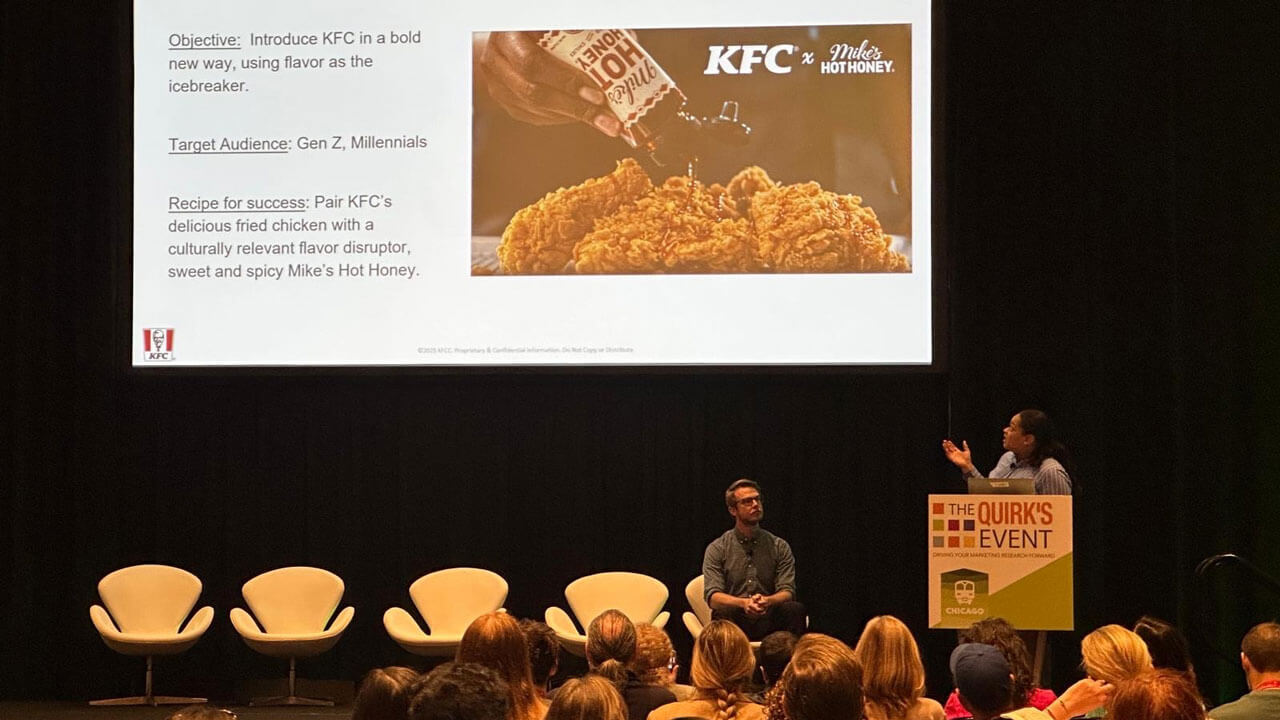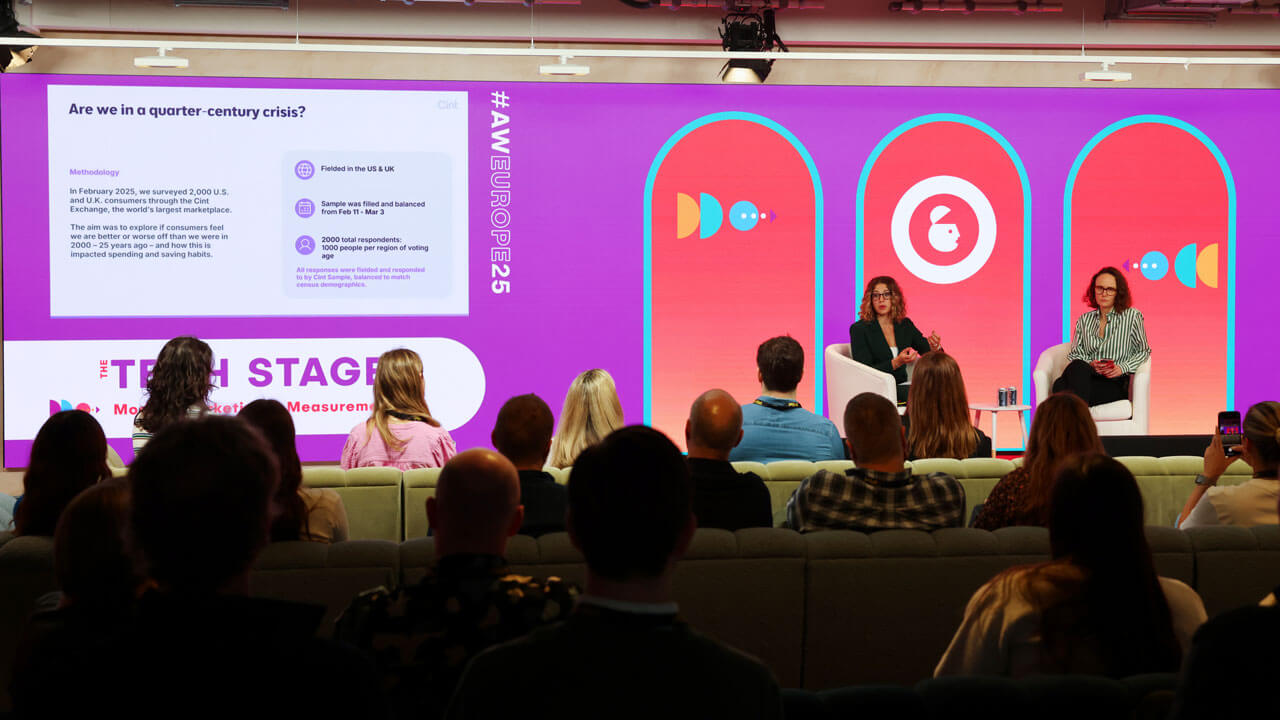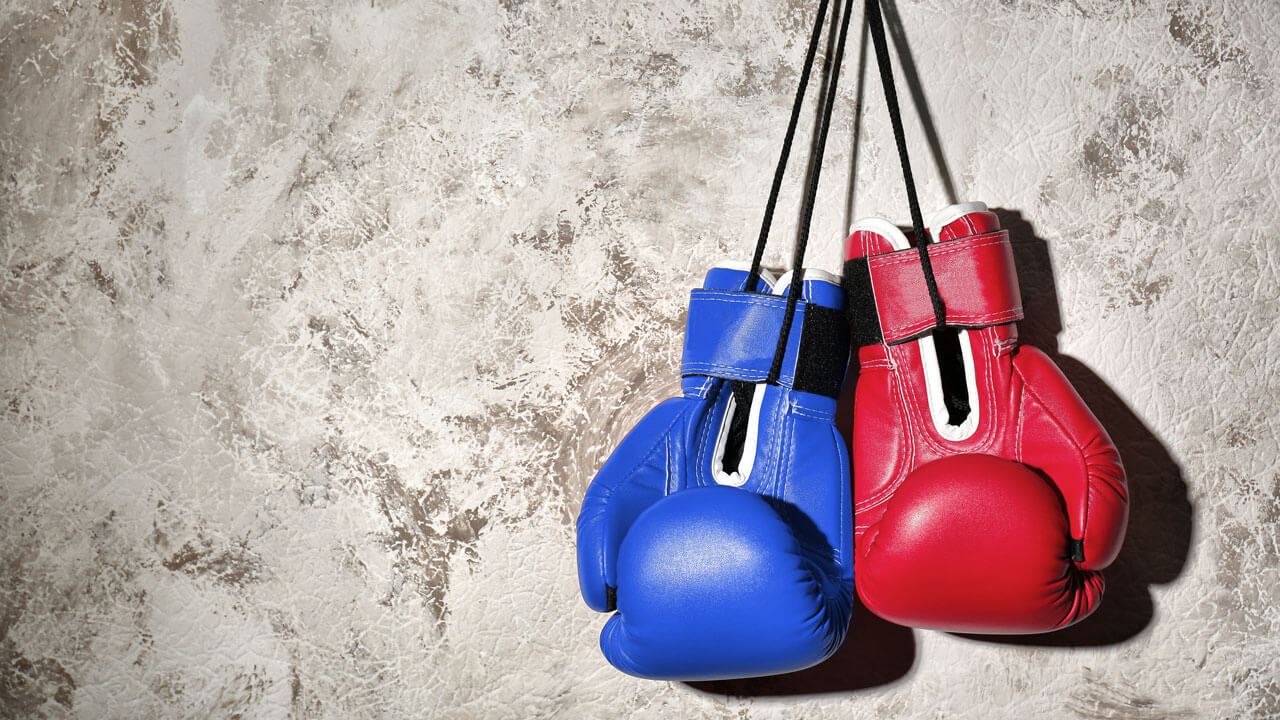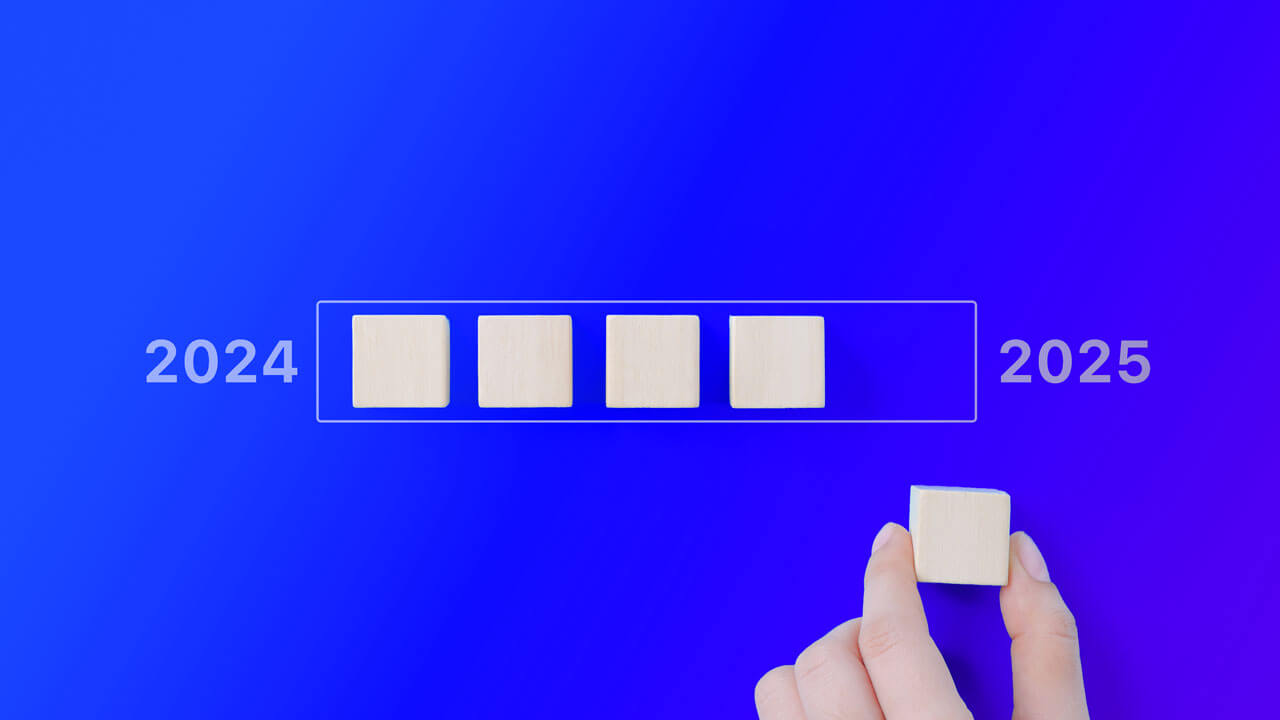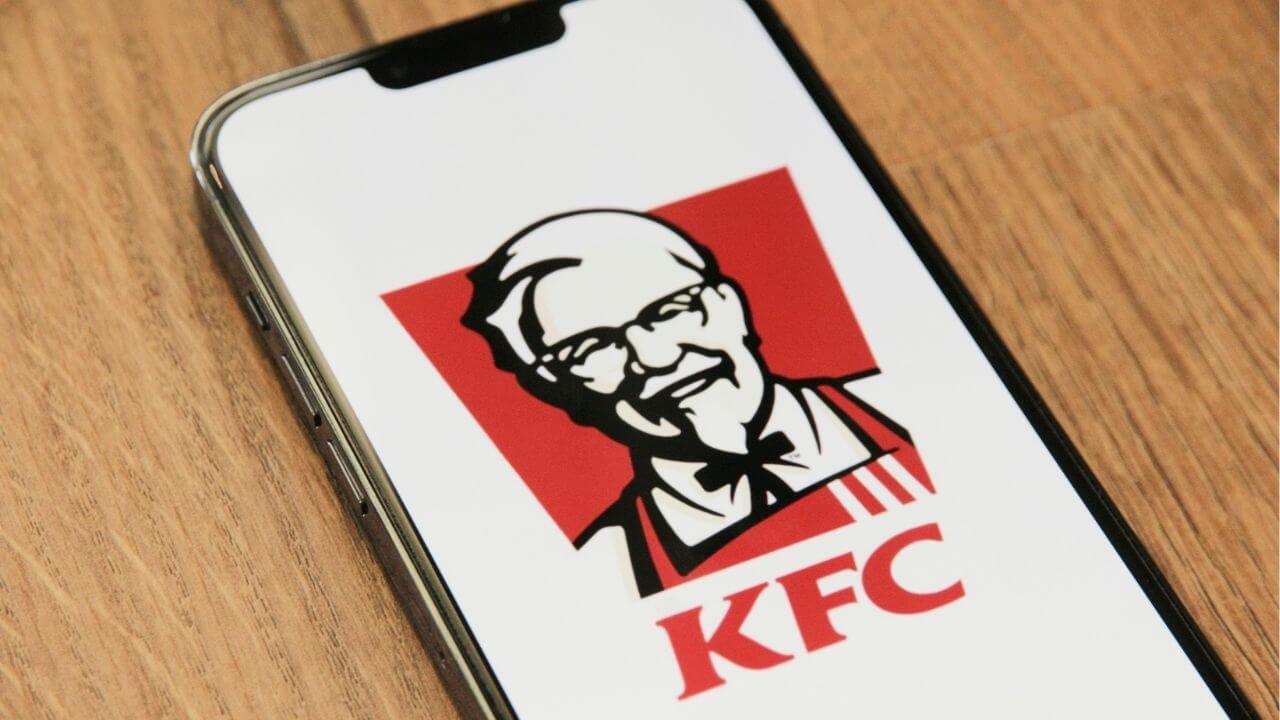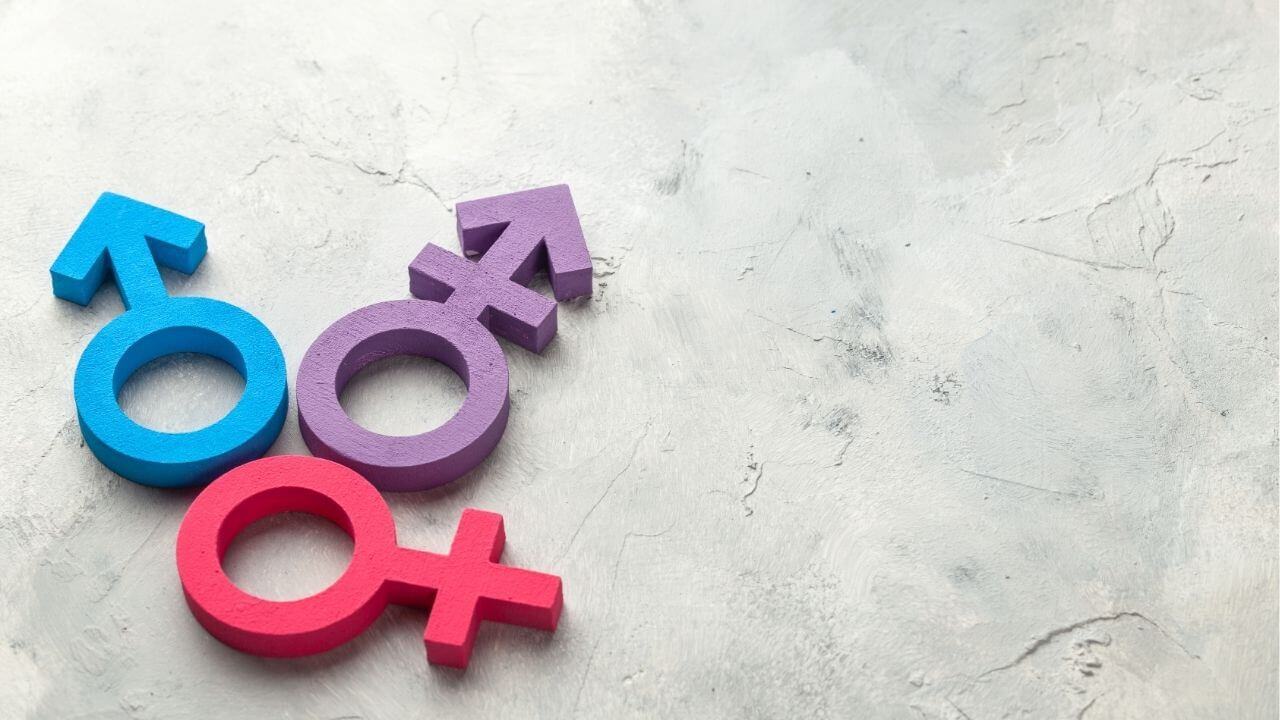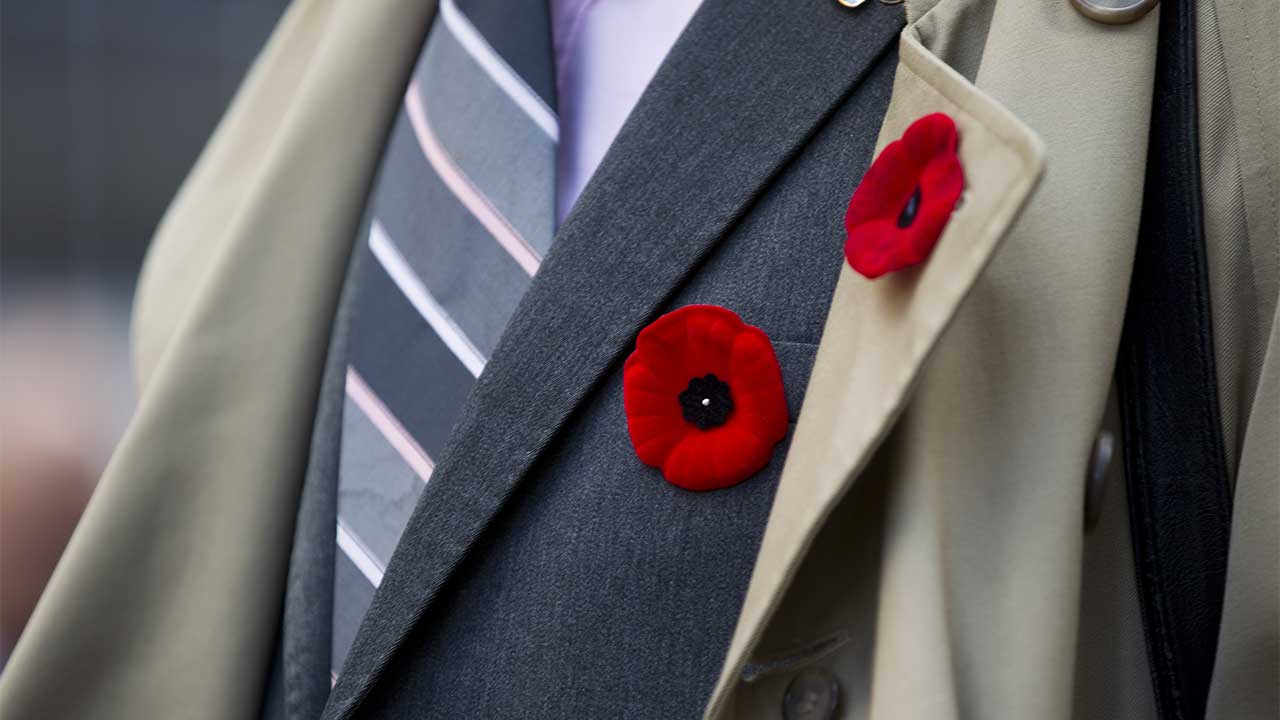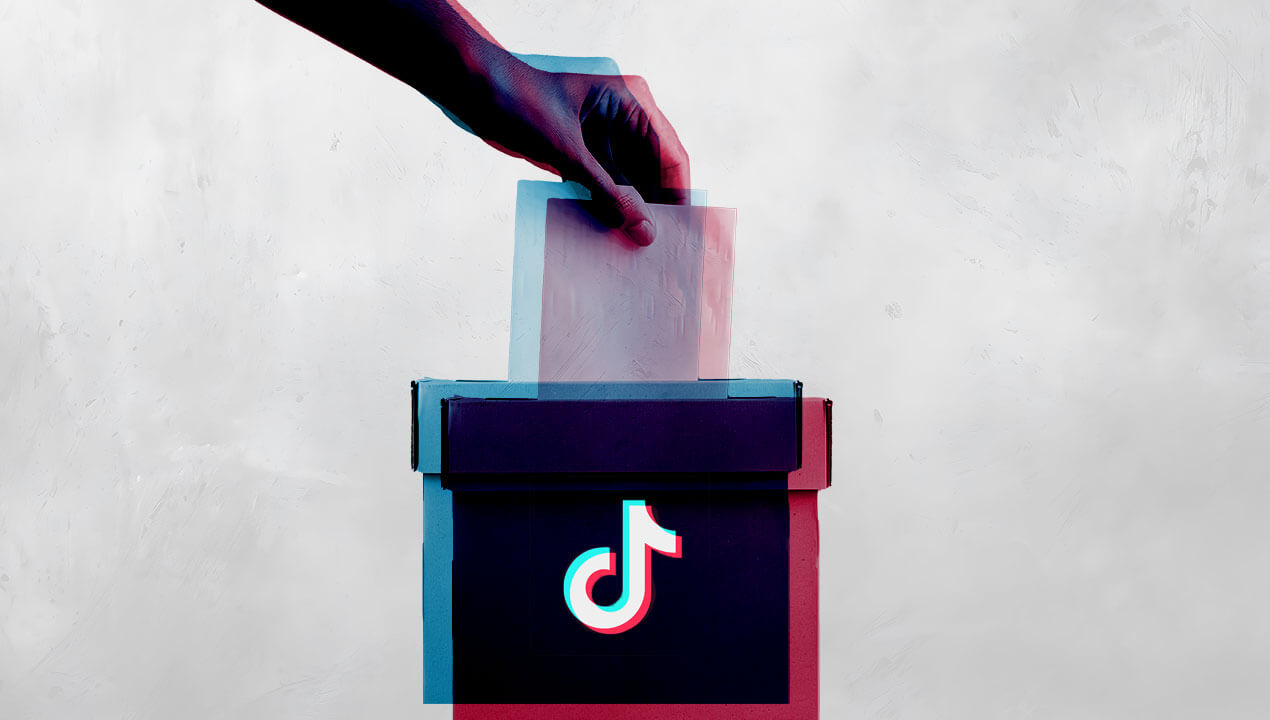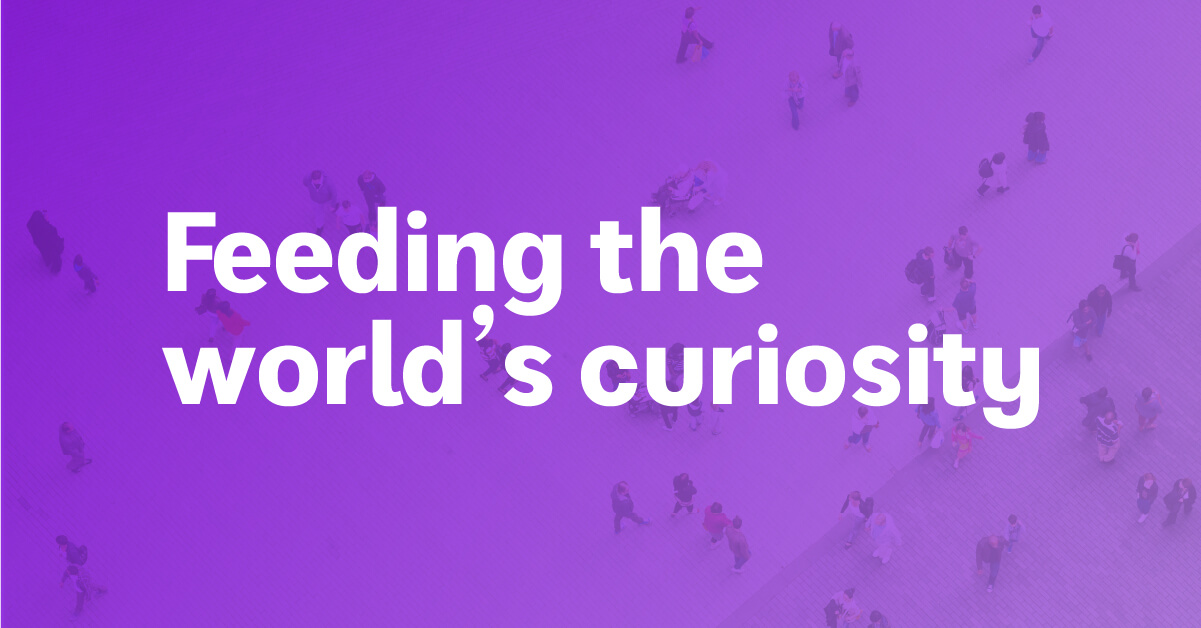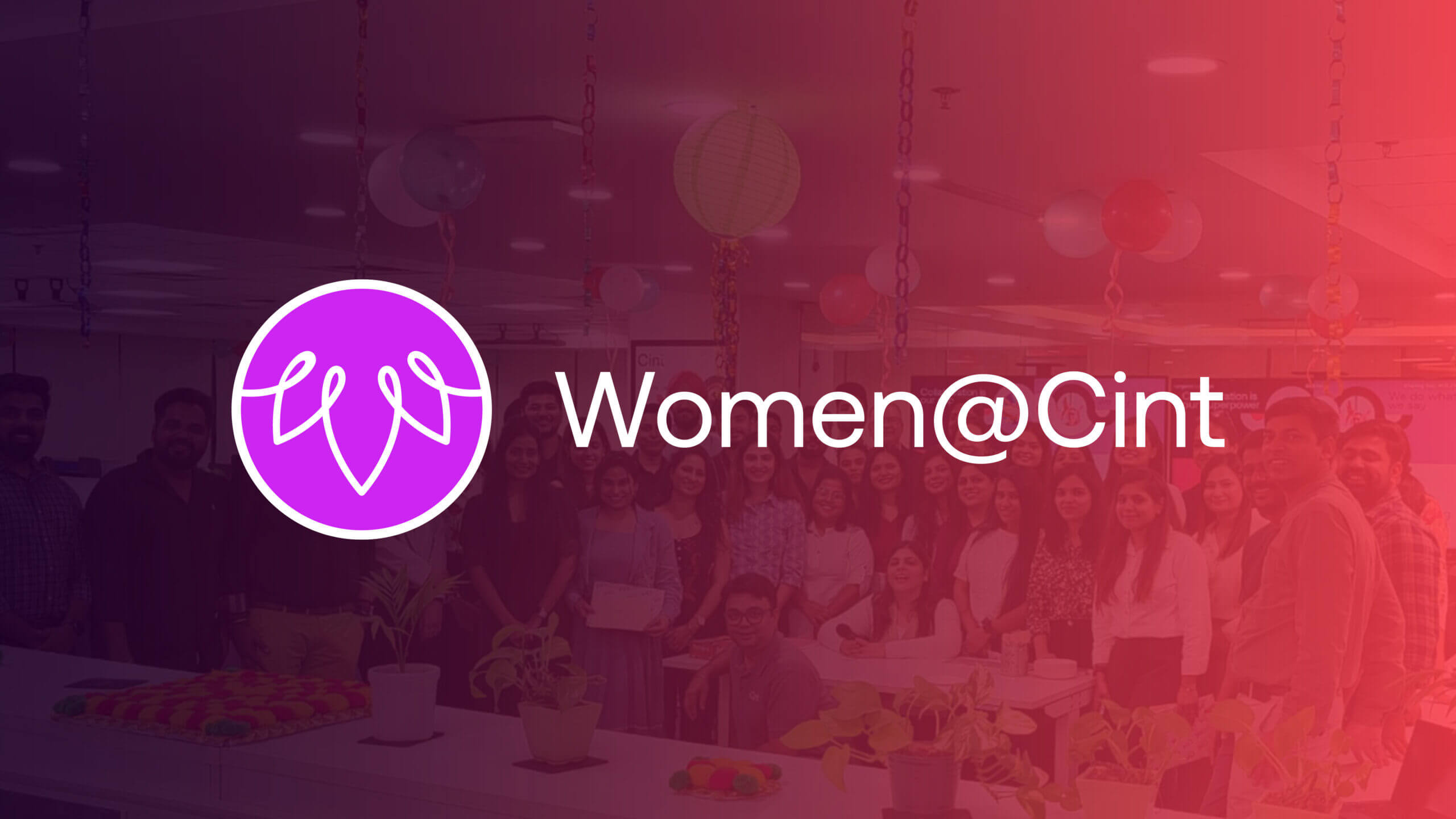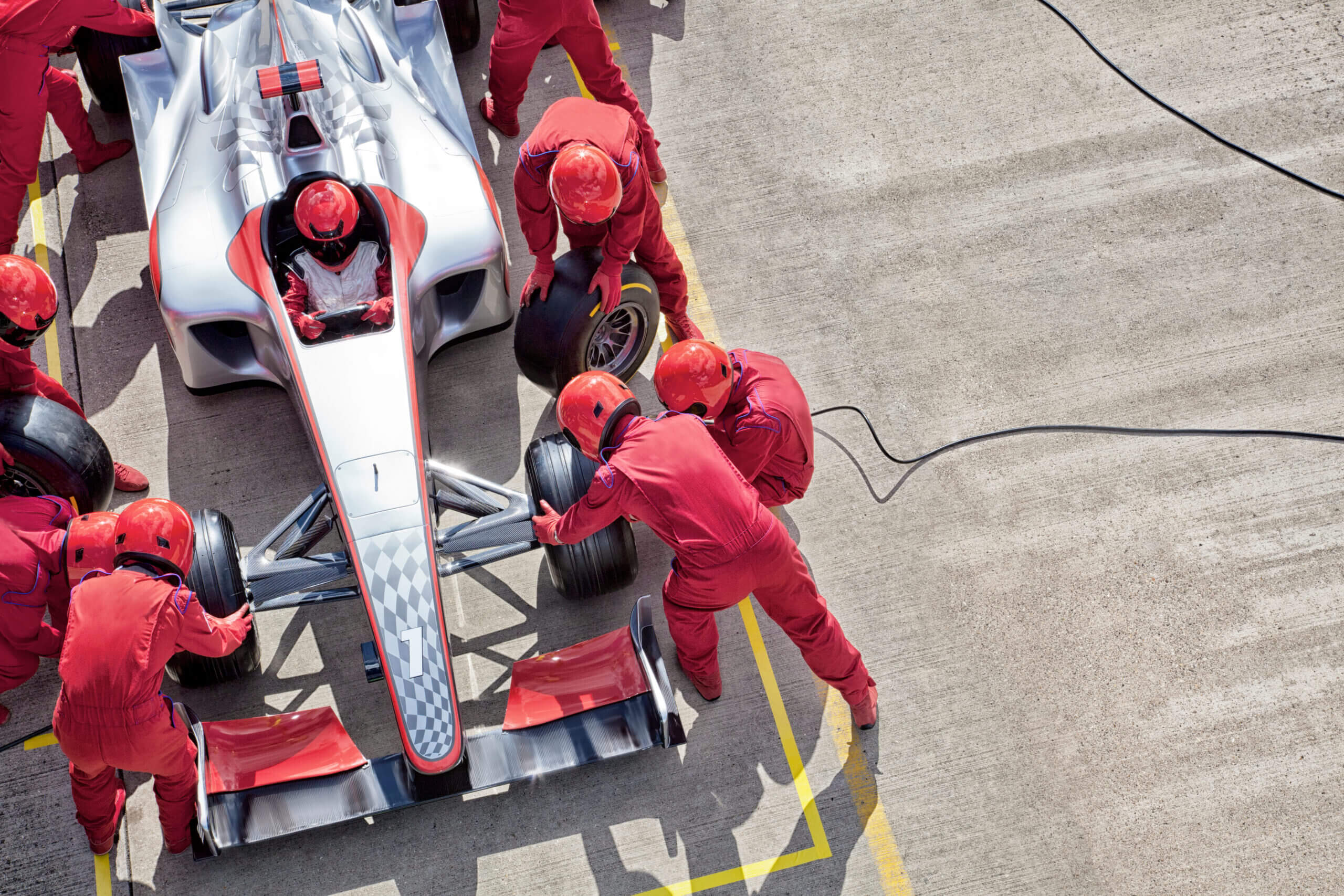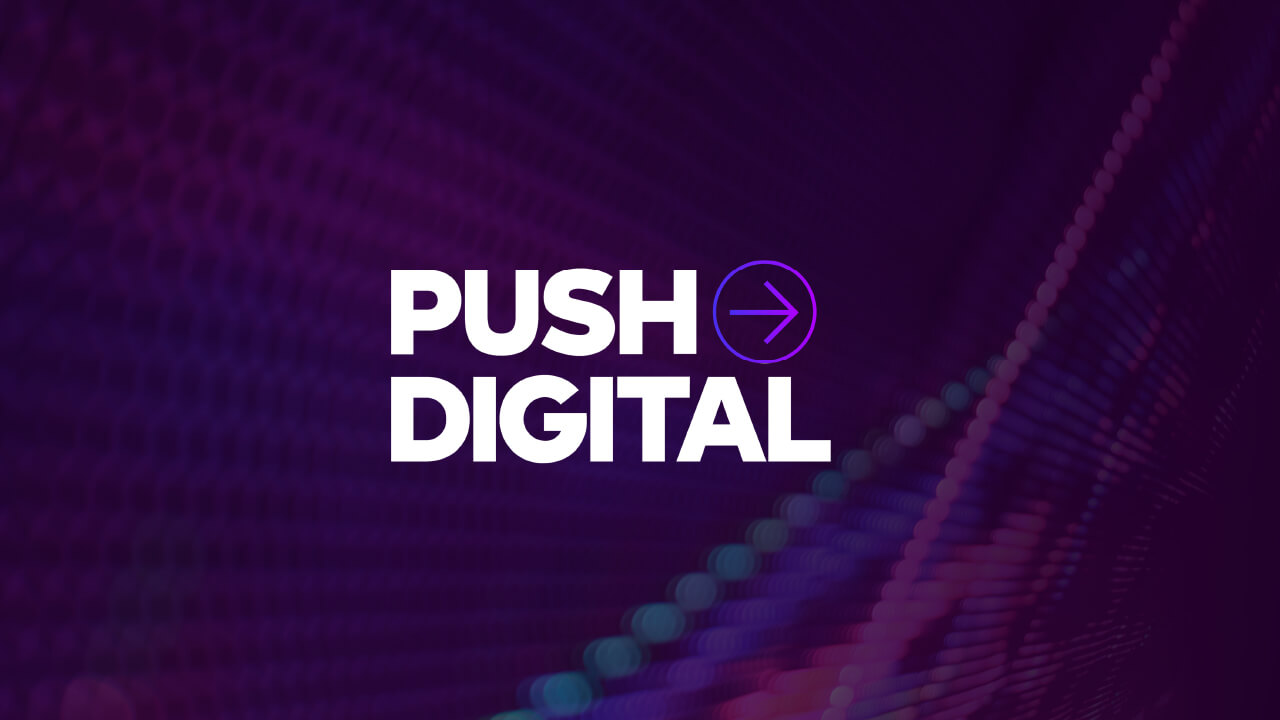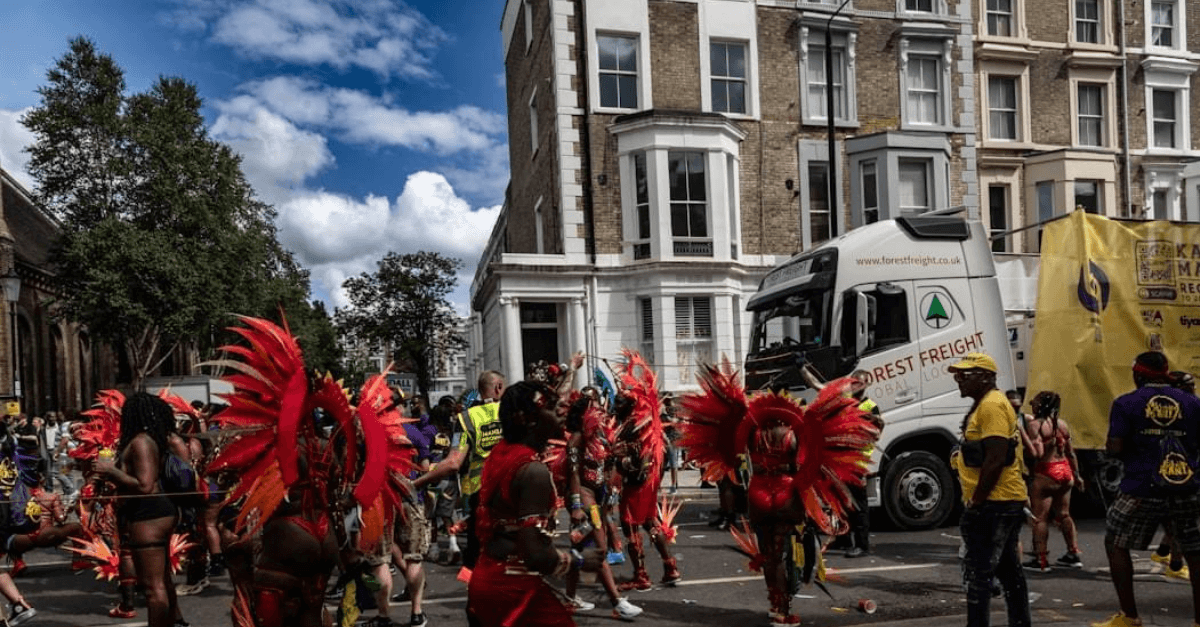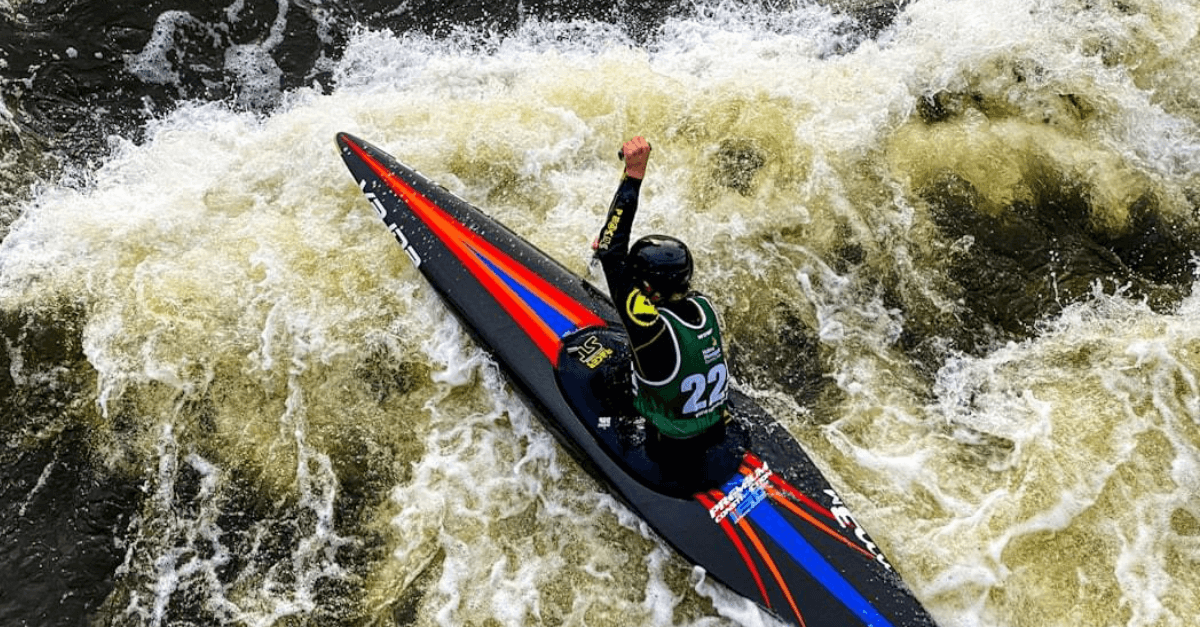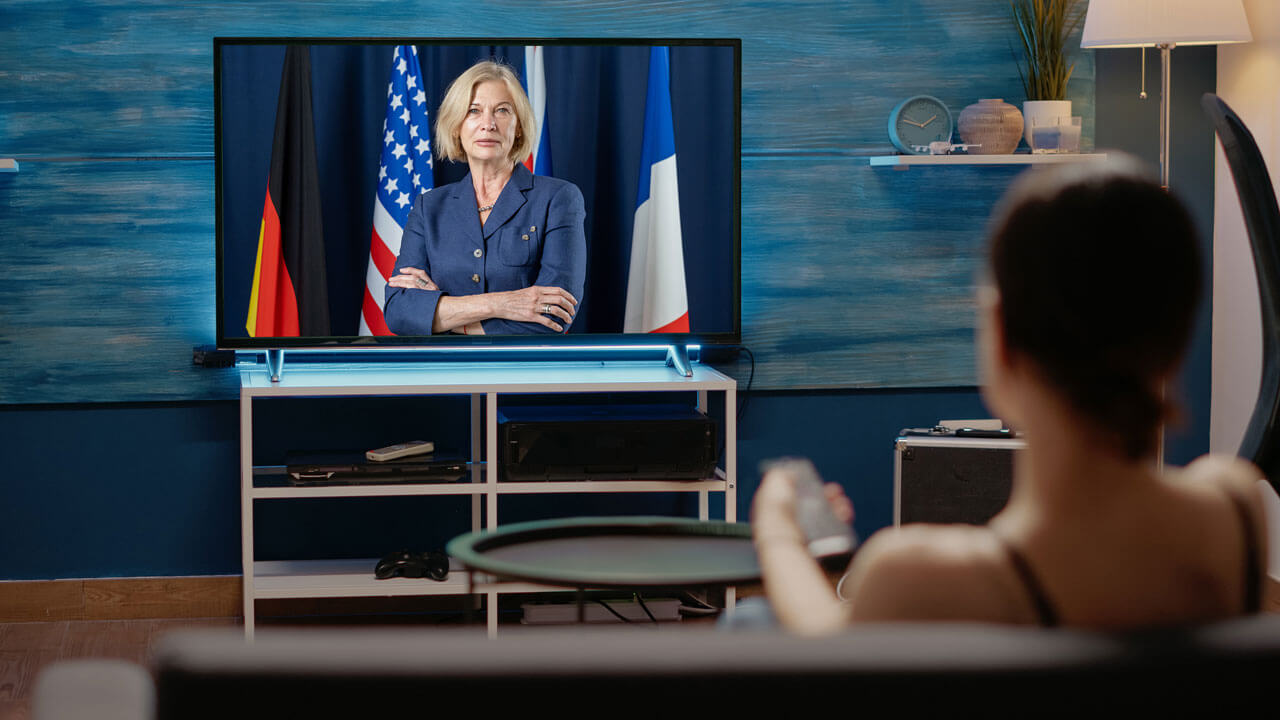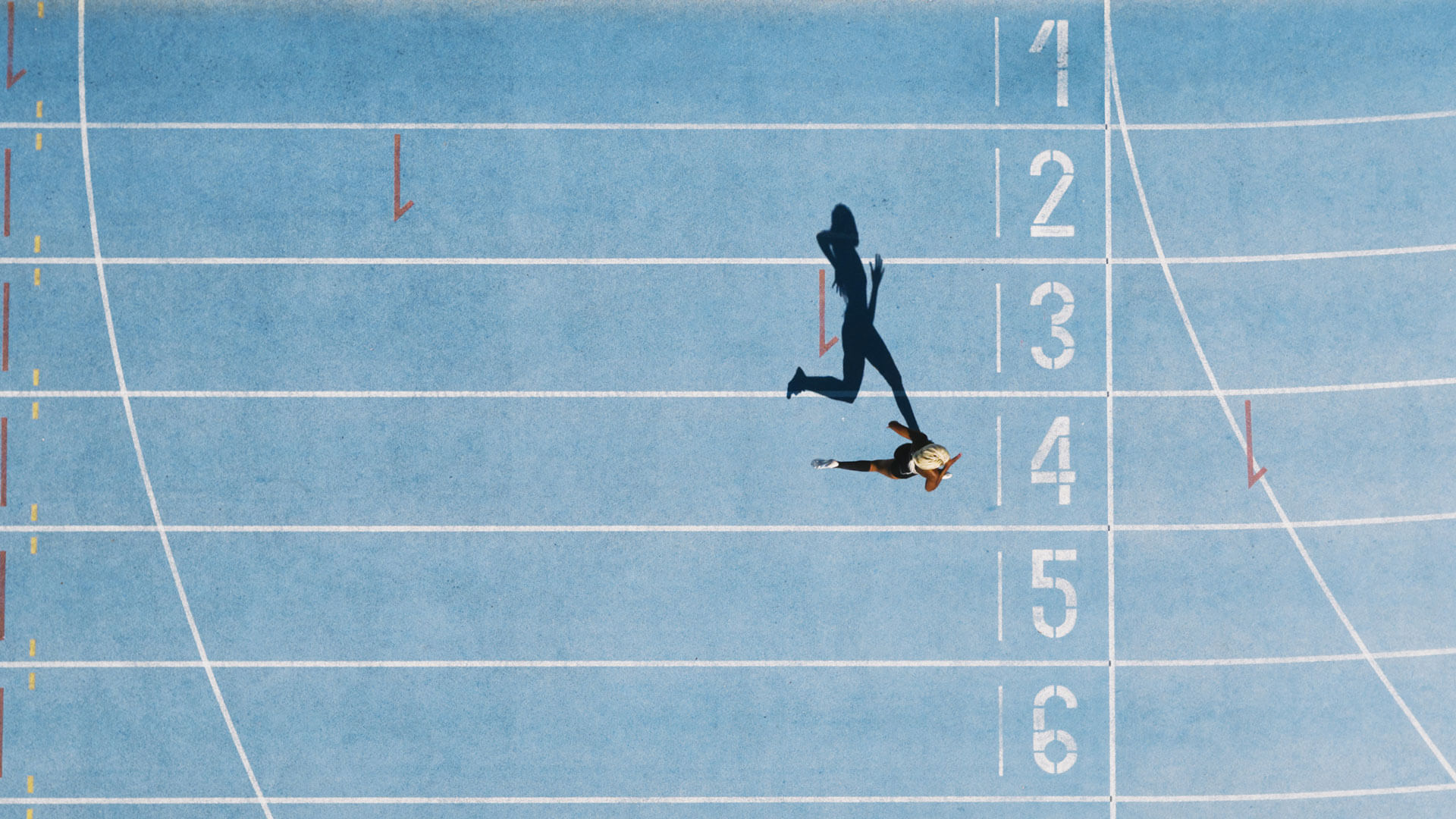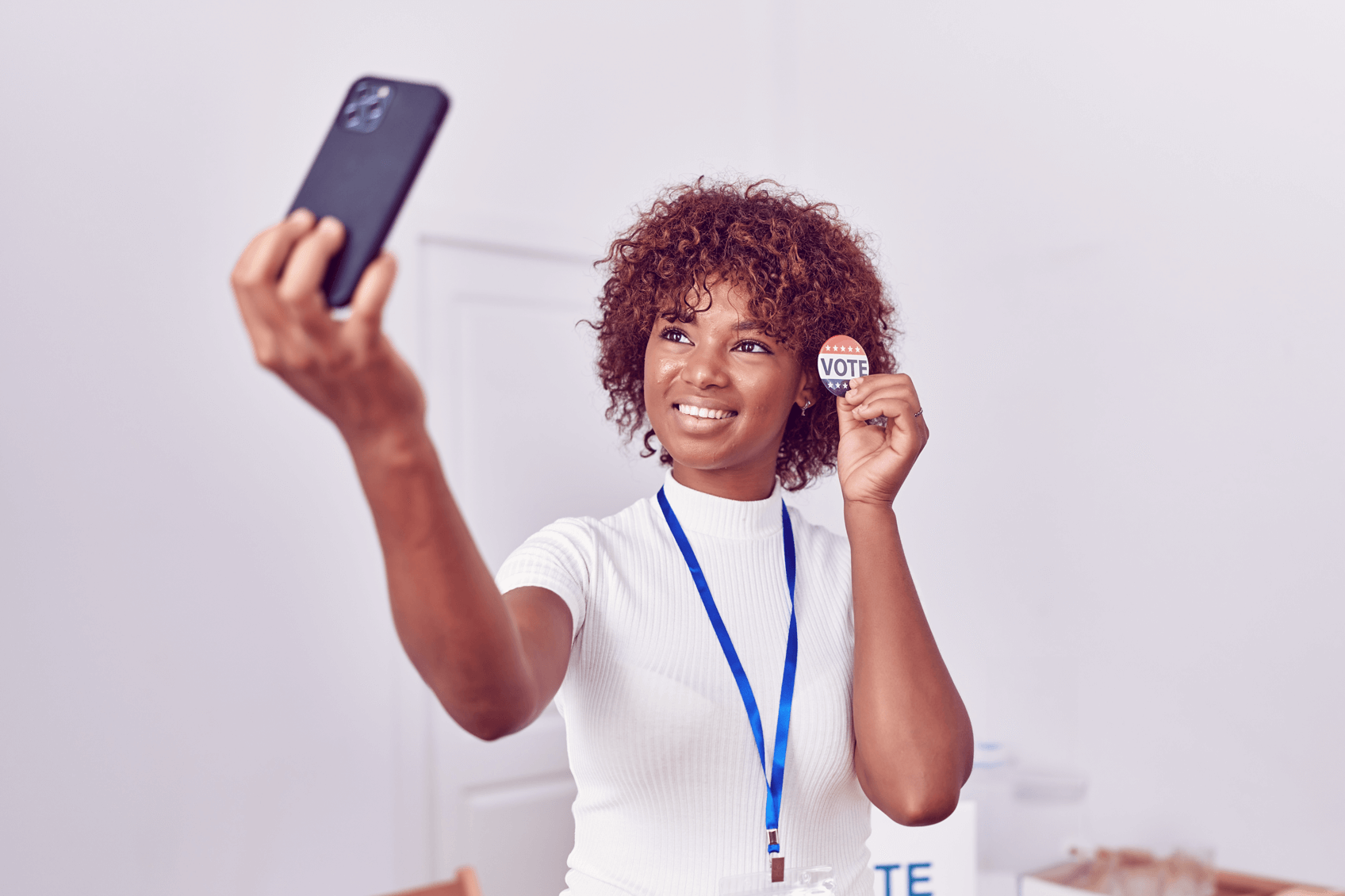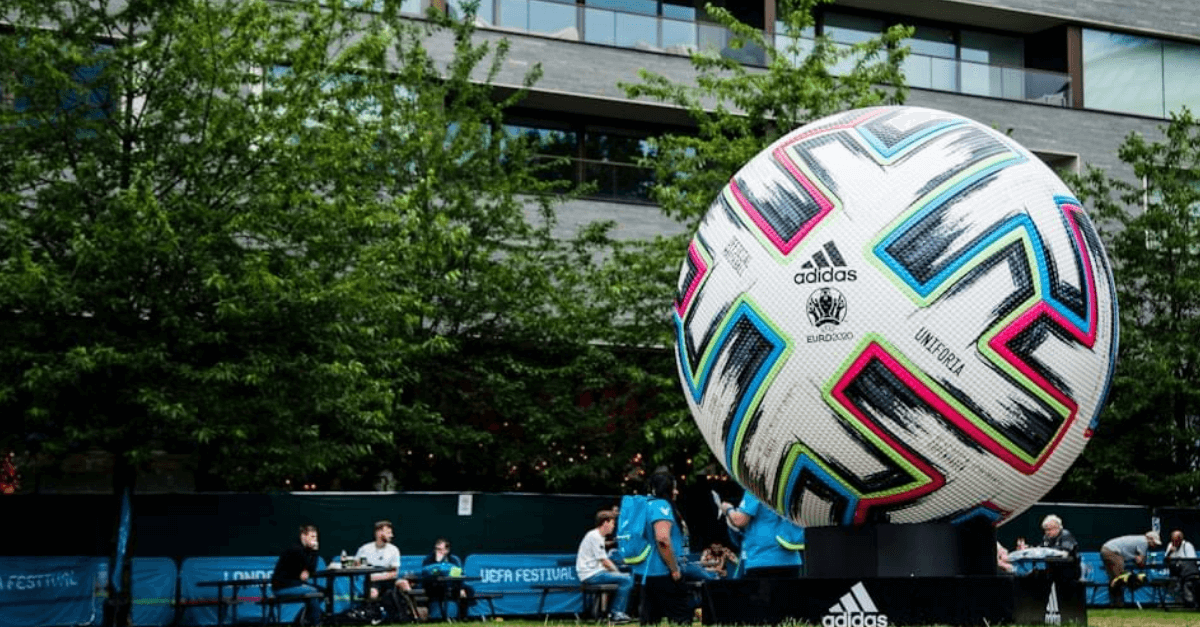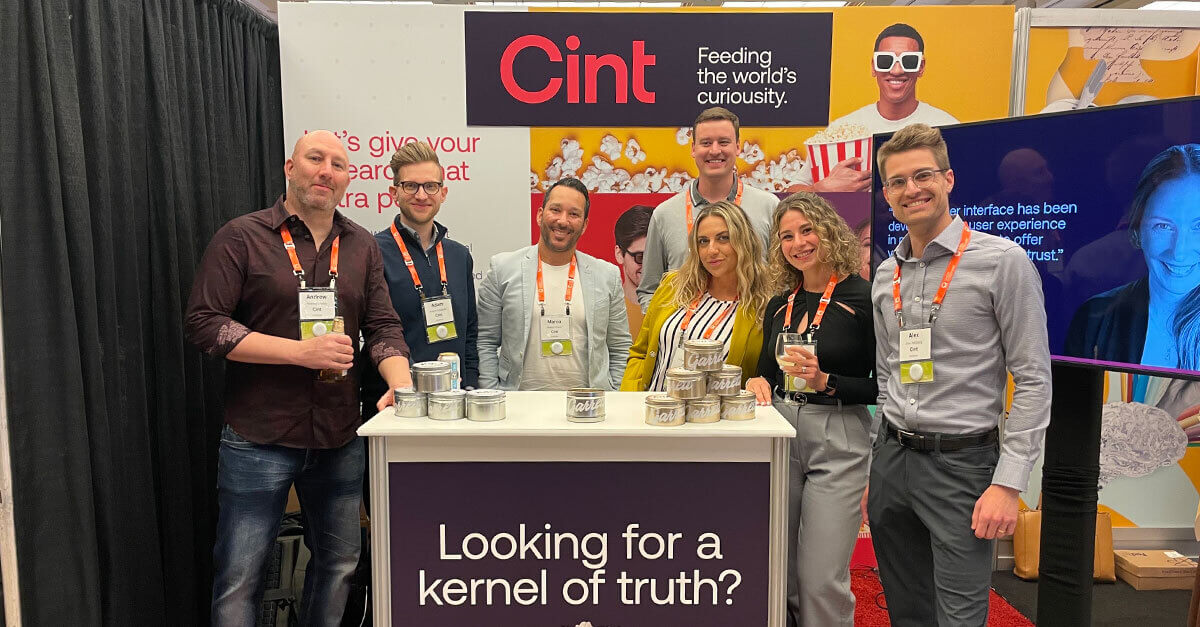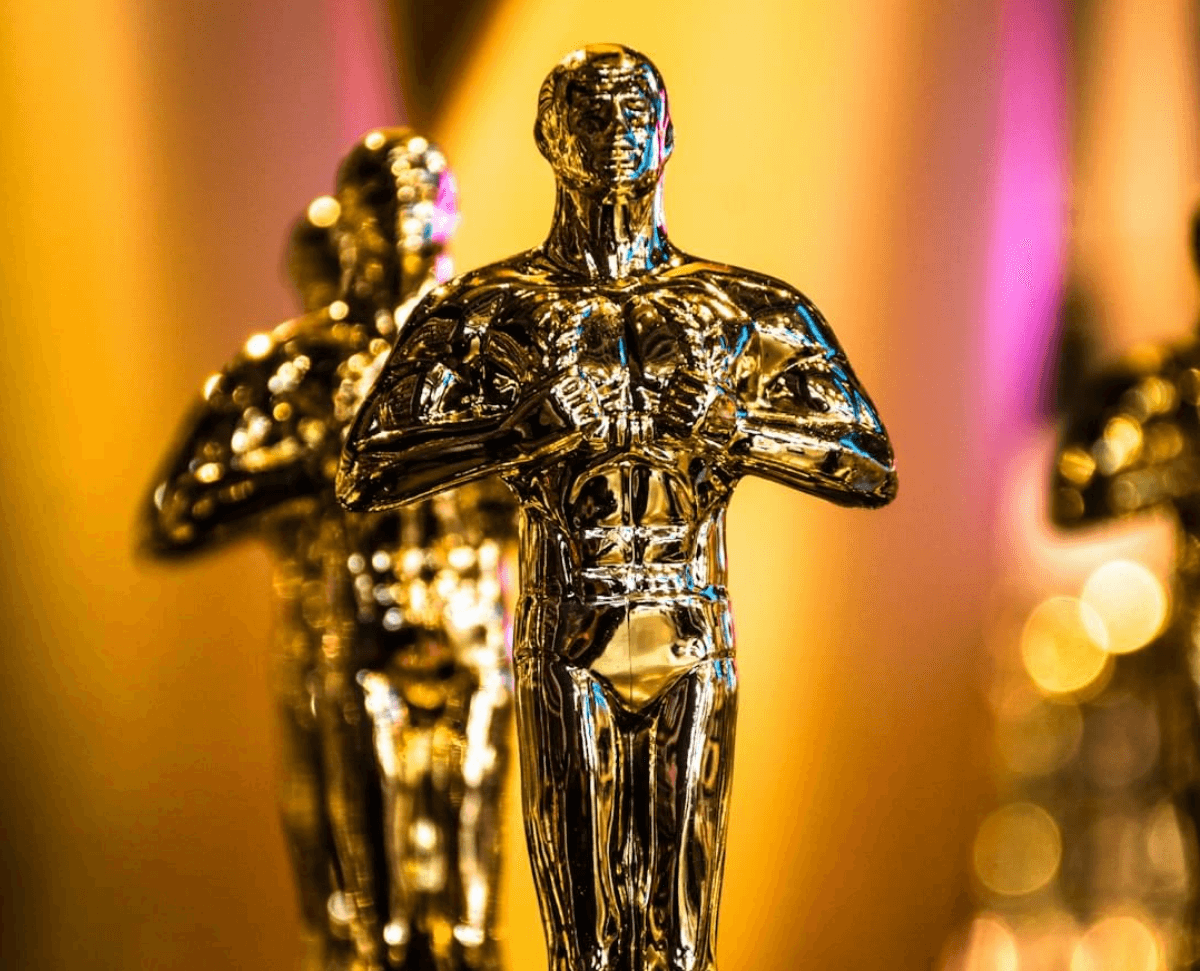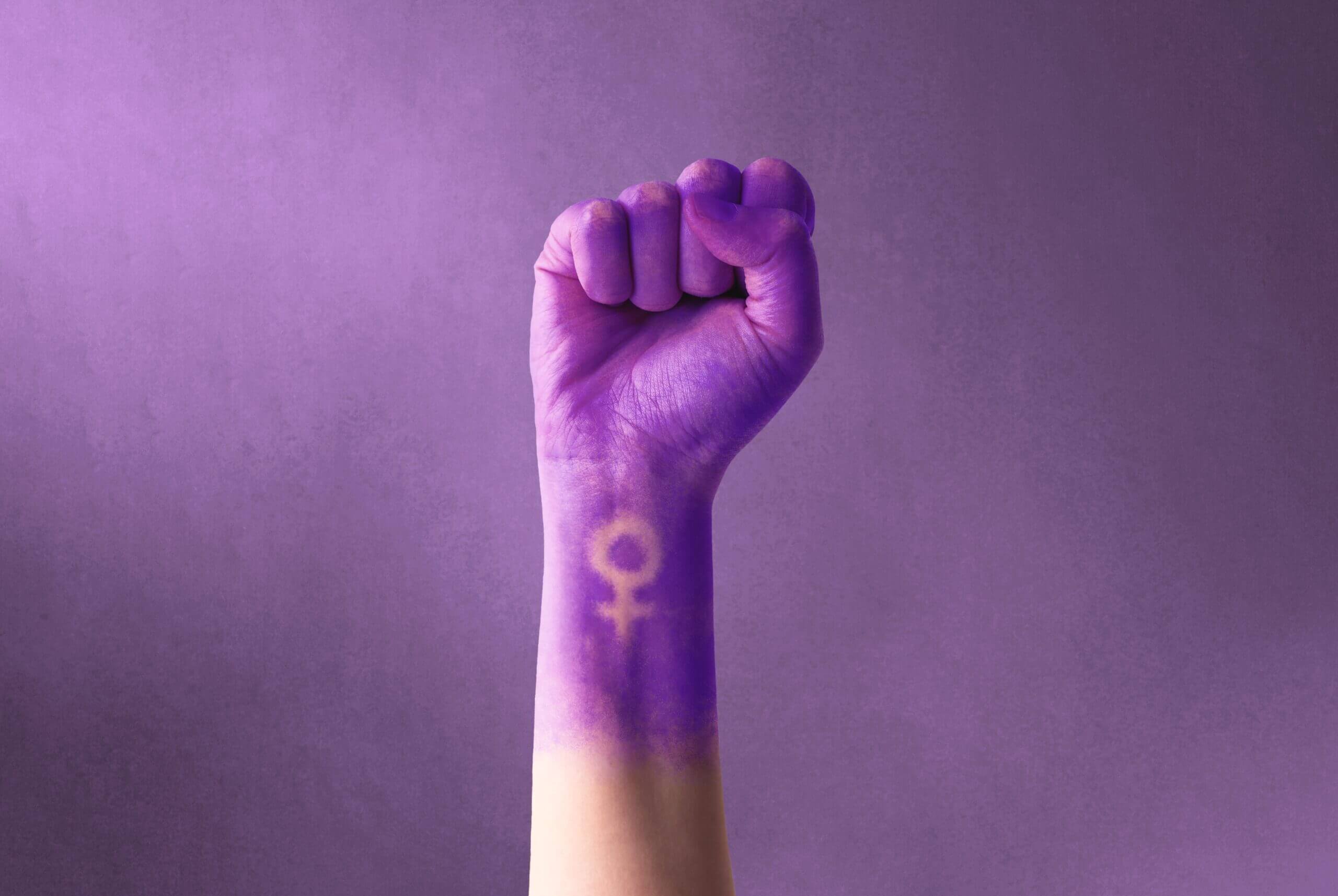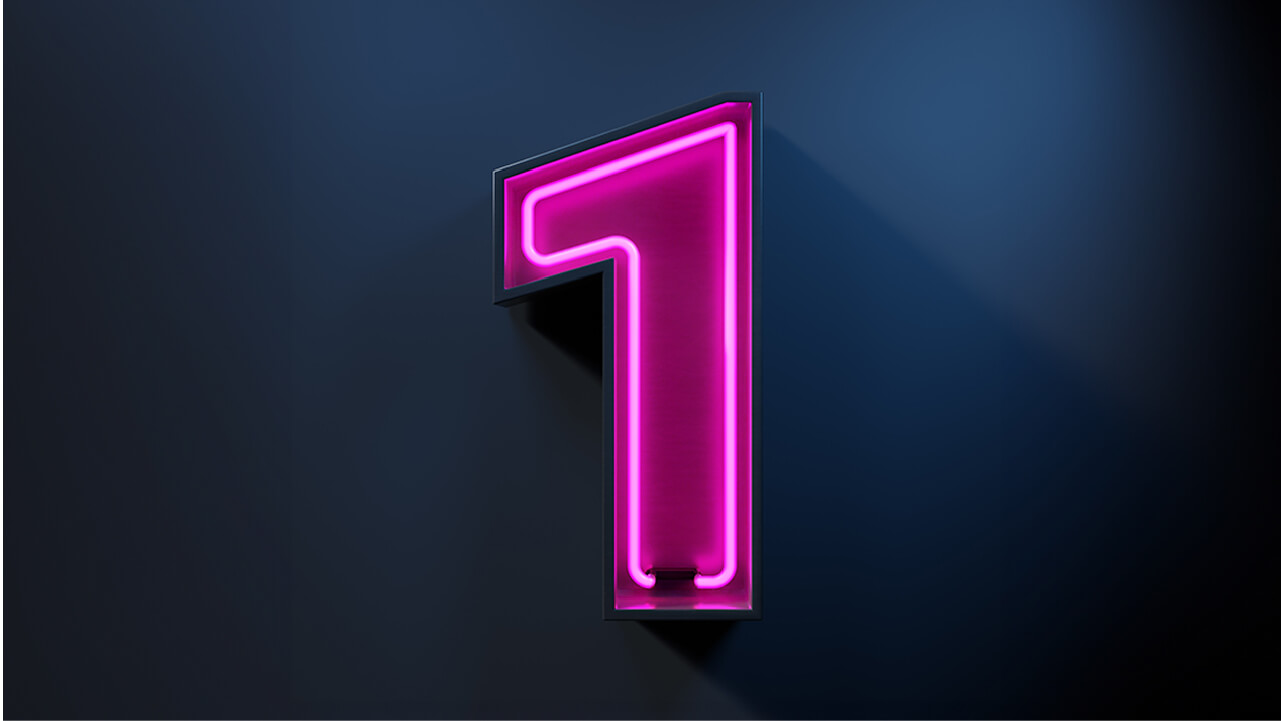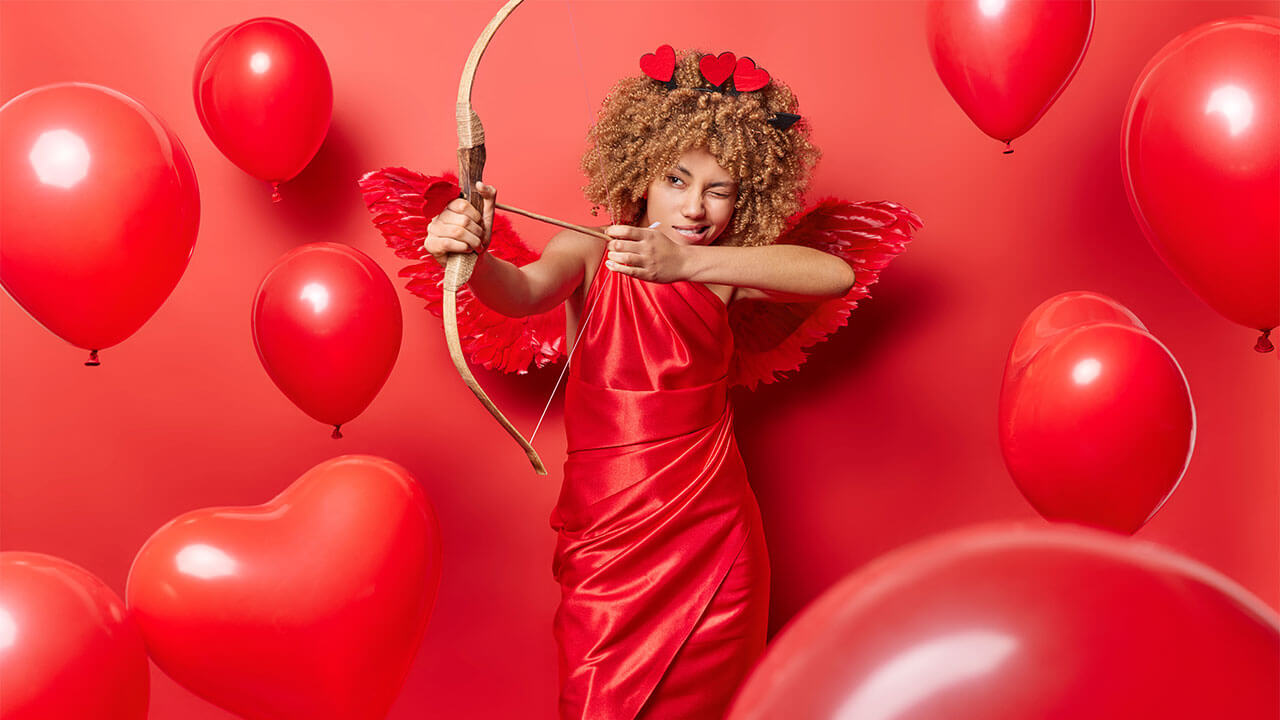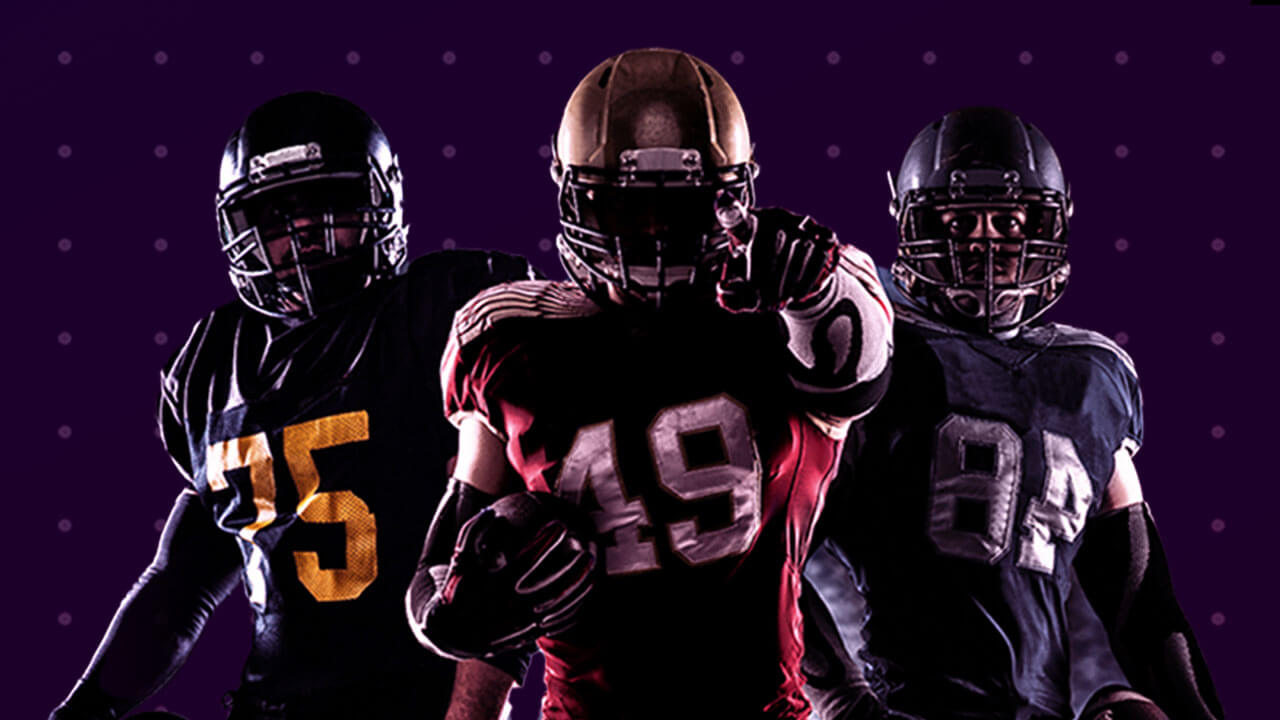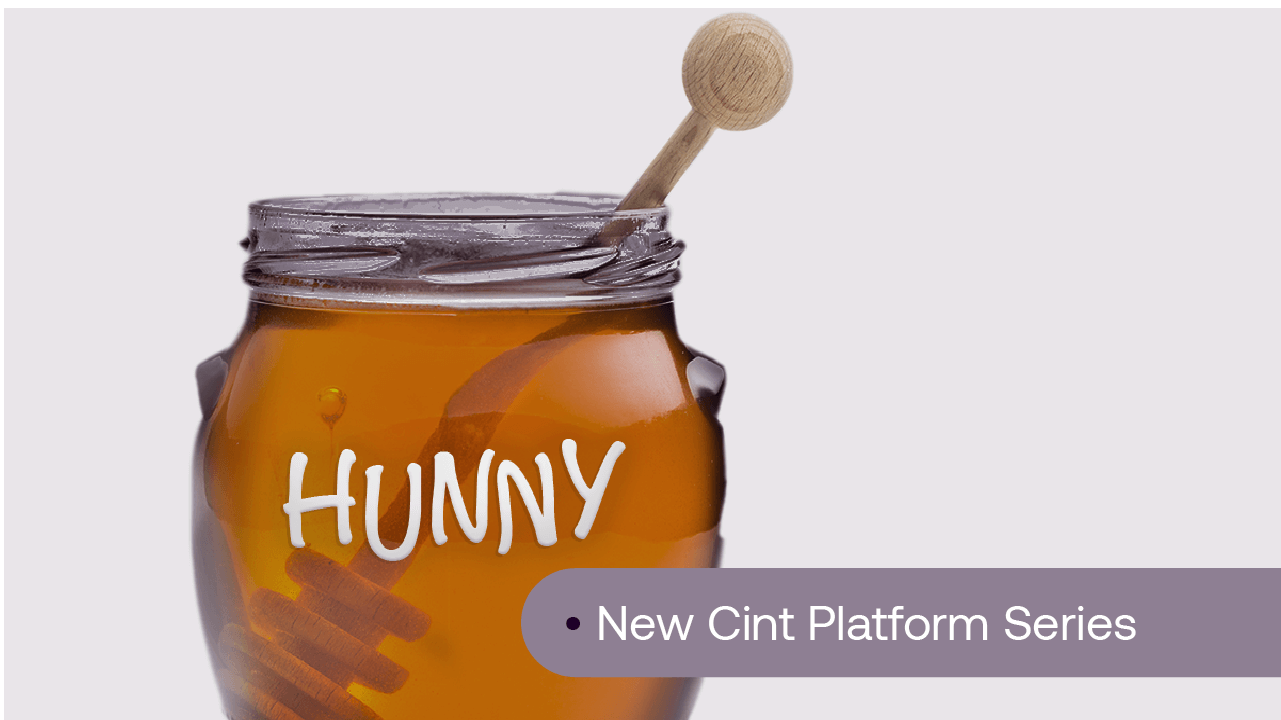Contents
- The success of the 2022 Women’s Euros has eclipsed previous years
- We saw enormous changes in public perception of the Women’s Euros
- Increased awareness of the tournament
- Stronger purchase intent for Women’s Euros brand sponsors
- Greater recognition of Lioness players
- Key takeaway: brands should invest in women’s football sponsorships
Categories
The success of the 2022 Women’s Euros has eclipsed previous years
The Women’s Euros was a societal-changing tournament. From Alessia Russo’s back-heeled goal in the semi-finals to a sell-out Wembley crowd breaking a 50-year-old attendance record (set in the 1964 men’s tournament, almost 20 years before the inaugural women’s tournament) there were plenty of moments that forced the public and media to finally give women’s football the attention it deserves. (For those of you who missed the Women’s Euros, England beat Germany in the final with a thrilling extra-time strike).We saw enormous changes in public perception of the Women’s Euros
Cint ran three studies around the tournament: (before the first match, at the halfway stage and after the tournament) to analyse how the public perception of women’s football was shifting and what results the sponsors were seeing. The change in awareness and excitement for the tournament was nothing short of sensational.Increased awareness of the tournament
Just a week before the tournament kicked off, only 28% of Brits were aware it was coming. This number falls behind even the Henley Regatta (a rowing event) which 29% of Brits were aware of. However, by the end of the tournament 78% of Brits had watched a live game. The public’s perception also improved, with 17% more respondents associating ‘quality’ with women’s football in our post-tournament study than in our pre-tournament study (57% vs 40%).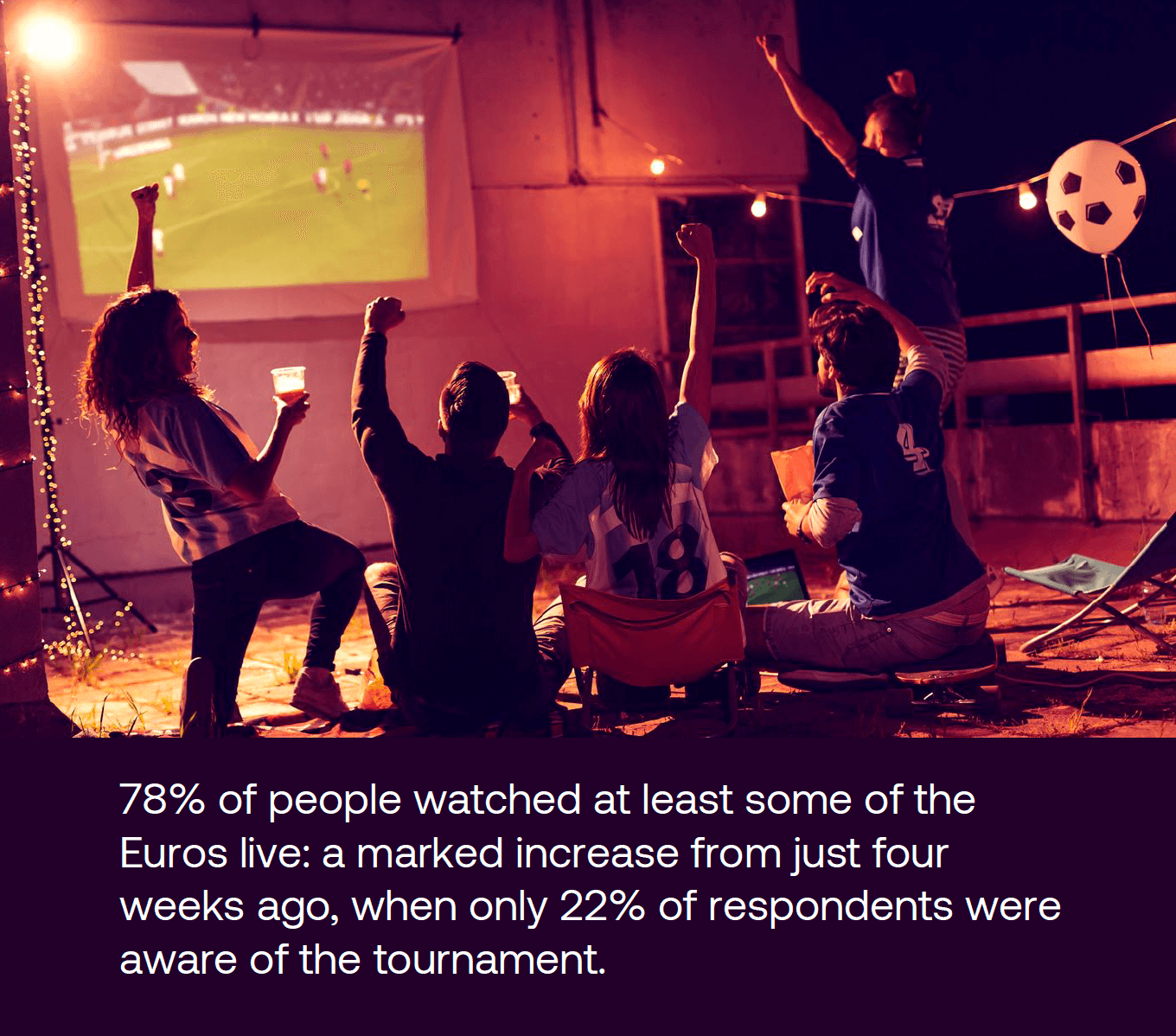
Stronger purchase intent for Women’s Euros brand sponsors
With those results it is unsurprising that the brands that sponsored the event saw meaningful results:- A remarkable 39% of respondents said they had bought a product or service after seeing it advertised at the tournament
- Nike’s association with women’s football rose by 11%
- Hisense (an electronics company) saw a 5% increase in respondents who were ‘familiar’ with their product while Alipay (an online payment platform) saw a 3 % growth in the same metric.
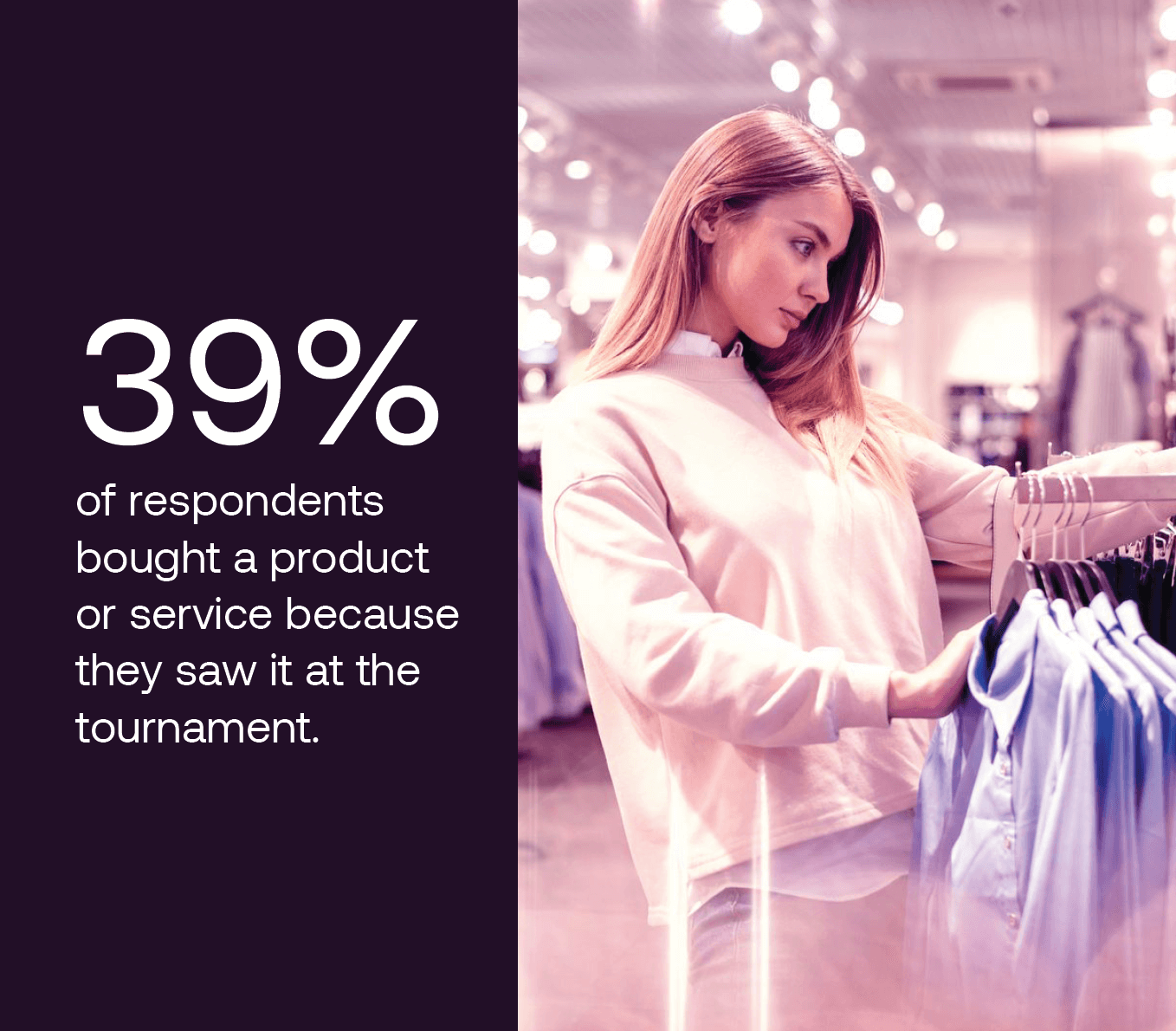
Greater recognition of Lioness players
We picked five players at random from the England team—Beth Mead, Ellen White, Demi Stokes, Chloe Kelly and Hannah Hampton, plus manager Sarina Wiegman—to track public name recognition. Beth Mead (46%) was the most well-known at the halfway point of the tournament, with Ellen White (42%) a close second. With nearly half of the British public recognizing their names, these players would make great celebrity endorsers By the time the tournament had finished all but one of the players were better recognised. Chloe Kelly’s final heroics (and that iconic celebration) grew her public awareness from 27% to an incredible 65% (a 38% increase in a matter of weeks). Beth Mead kept her number 1 spot growing her awareness by 20% to pip Chloe Kelly with 66% of the pubic recognising her. Sarina Wiegman’s substitution masterclass was also noticed by the British public, as she trebled her result with almost 1/3 of respondents knowing her name at the end of the tournament.